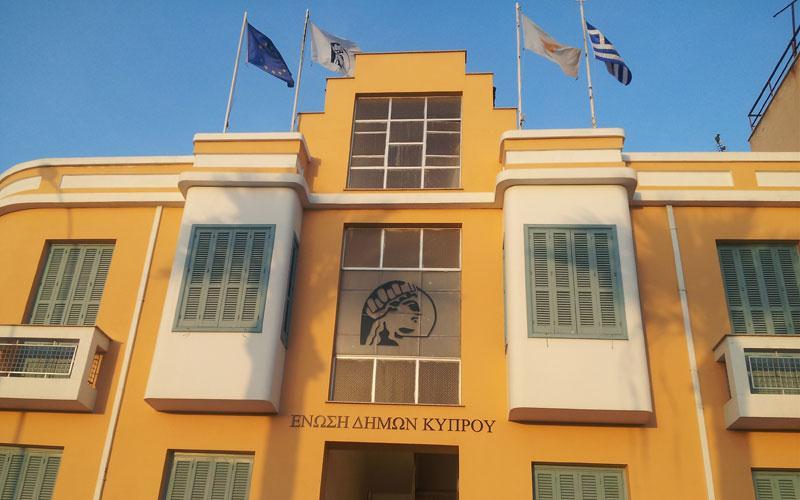Peyia Mayor Marinos Lambrou said Tuesday he opposed merging with other communities in the area as part of a plan to reform local authorities and wants to continue the municipalities successful autonomous course.
In a written statement, Lambrou said the reform essentially dissolved the municipality and created a new entity with the inclusion of Kissonerga, Emba, and Chloraka.
Lambrou said Peyia had a much higher budget and revenues than all other communities put together but “its representation in the new entity would be on the minority and the work of Peyia residents would be shared by others based on decisions taken by others.”
The Peyia mayor’s attitude is typical of those opposing the much-needed reform of the bankrupt sector, in some instances encouraged by political parties, which have been dragging their feet for years.
There has been strong opposition to the plan from mayors in the Famagusta area, mainly Ayia Napa and Paralimni.
Even after the government agreed to reduce the number of municipalities to 17 from 30, instead of the initial 15, parties insisted on Monday that 20 would be better.
Interior Minister Nicos Nouris said this tinkering with the bills would upend the entire reform effort.
The objective is to achieve economies of scale and thus enable local authorities to become financially self-sufficient.
Although 17 had been agreed as the ‘sweet spot’ during talks with stakeholders, some parties now want to raise that number to 20.
In parliament on Monday, Nouris cited studies showing that a small number of municipalities is integral to the success of the endeavour.
“We want municipalities that are financially and administratively autonomous. We want municipalities and local councils that are viable in the long run and can offer people quality service at the lowest possible cost,” he later told reporters.
Asked whether the government will pull the bills should the parties insist on 20 municipalities, Nouris demurred, saying only he hoped that MPs would change their mind.
Under the reforms, municipalities would be granted the administration of state facilities such as nurseries, nursing homes, etc, as well as powers relating to public transport that can act as supplementary to the current system.
They will also be granted more planning authorities and take over a number of permits currently issued by district administrations.







Click here to change your cookie preferences